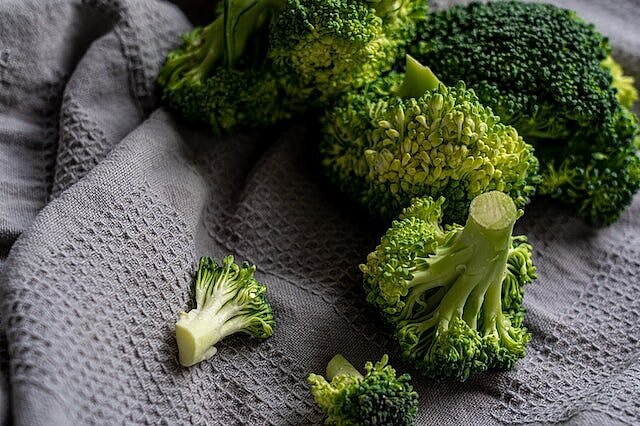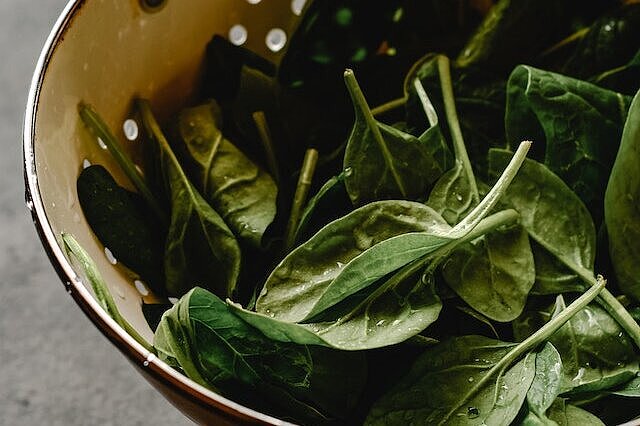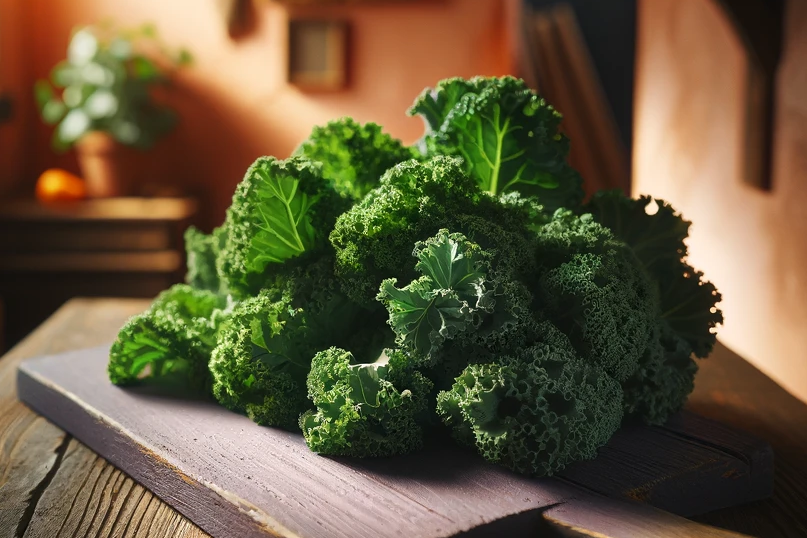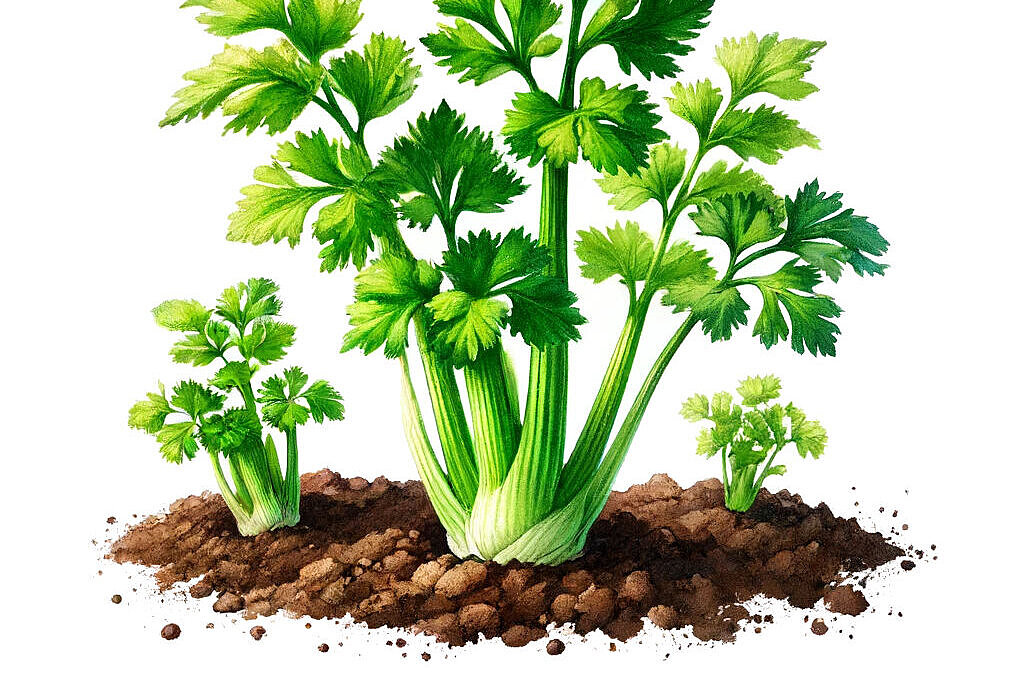Fiber vegetables
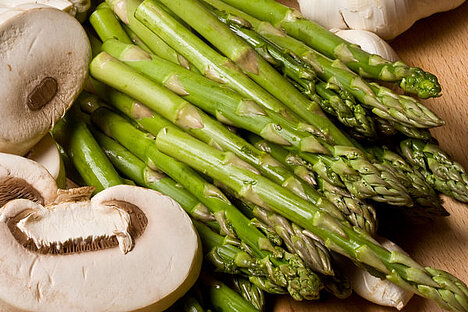
What are the benefits of fibrous vegetables for dogs?
Fiber vegetables can have several positive effects for dogs. Firstly, it can aid digestion by stimulating the intestines and improving the consistency of stools. Secondly, it can increase the feeling of satiety and thus prevent obesity. In addition, fibrous vegetables can be a source of vitamins, minerals and phytochemicals that can strengthen the immune system and protect against disease.
How much fiber should a dog get?
The amount of fibrous vegetables a dog should get depends on various factors. These include, for example, the dog's age, size, state of health and diet. In general, however, fibrous vegetables should only make up a small part of the daily diet. Too many fibrous vegetables can also have negative consequences.
What are the disadvantages of fibrous vegetables for dogs?
Fibrous vegetables can also have some disadvantages for dogs. On the one hand, it can lead to bloating, diarrhea or vomiting if the dog does not tolerate it well or eats too much of it. Secondly, it can impair the absorption of other nutrients if it leads to an imbalance in the diet. In addition, some vegetables can be toxic or indigestible for dogs, such as onions, garlic or avocado.
How should you prepare fibrous vegetables for dogs?
Fiber vegetables for dogs should always be well washed and chopped. They should also always be offered cooked or steamed, as raw vegetables are more difficult to digest and can lead to gastrointestinal problems. You should also make sure that the vegetables are not overly seasoned or salted, as this can be harmful to the dog. It is best to mix the vegetables with the normal dog food or give them as a healthy snack between meals.
Fibrous vegetables can be a useful addition to a dog's diet if they are fed in moderation and prepared correctly. It can aid digestion, increase the feeling of satiety and provide important nutrients. However, you should also be aware of possible disadvantages, such as flatulence, diarrhea or nutrient deficiencies. It is therefore advisable to find out about your dog's tolerance and suitable vegetable varieties beforehand.
If you notice any signs of hypersensitivity or poisoning in your dog, you should see your vet immediately. We are not a substitute for a vet, but we try to be as accurate as possible. Every dog reacts differently and we recommend you get a second opinion or consult your vet if in doubt.
Stay healthy and take good care of your four-legged friend!😊
Similar to Fiber vegetables
Broccoli belongs to the cruciferous family, a plant family that also includes cabbage, Brussels sprouts, kale and cauliflower. Broccoli has a thick stalk and small green florets that look like...
Spinach is a plant from the goosefoot family that originally comes from Asia. It has been cultivated and eaten as a vegetable for centuries. Spinach has large, dark green leaves that are rich in...
Kale belongs to the cruciferous family and is closely related to broccoli, cauliflower and kohlrabi. It has large, curly leaves that can be green or purple, depending on the variety. Kale is mainly...
Celery is a plant from the umbellifer family that occurs in various forms. The best known are white celery, celeriac and cut celery. Celery has long, green stalks with leaves that are often eaten as...
